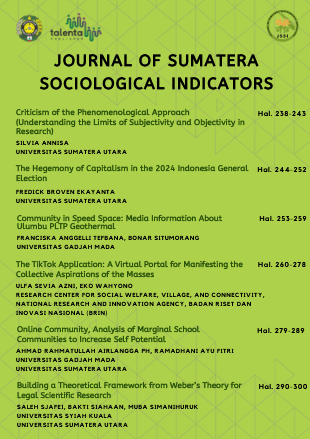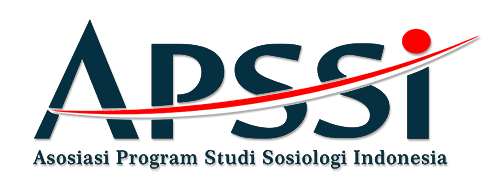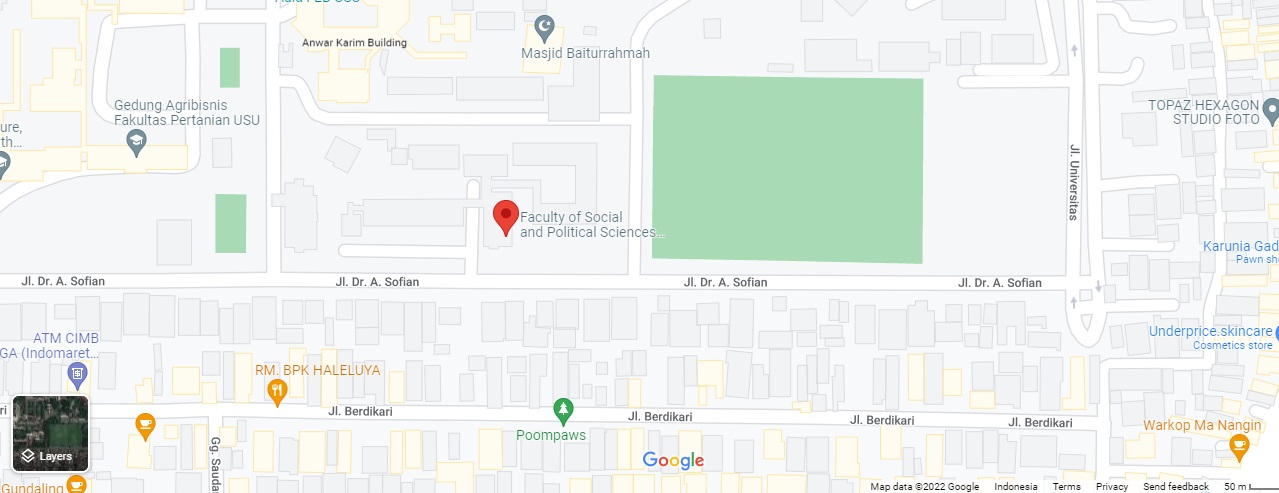Building a Theoretical Framework from Weber’s Theory for Legal Scientific Research
DOI:
https://doi.org/10.32734/jssi.v3i01.16306Keywords:
Theoretical Framework, Social Action, Legal Scientific researchAbstract
Scientific work in the field of legal science in Indonesia often differs from the criteria for empirical scientific research at the level of modern science. The results of thesis and dissertation-level scientific research at law faculties have so far emphasized technical-juridical analysis for the needs of legal practice rather than academic research that criticizes and creates new scientific theories in the field of law. Dogmatic legal analysis, it seems, takes precedence over academic legal analysis that allows researchers to fulfill the critical scientific need for the renewal of legal dogmatics by the development of Society. The framework section is usually narrated without construction in the form of a 'theoretical framework' or 'analytical model' which often shows confusion in legal research. Legal dogmatic research focuses on evaluating the structure (language) of law and legal practice, i.e. how far the elements of the article as evaluation indicators are used with the resolution of the particular legal event being studied. Scholarly legal research often uses theory in presenting the framework for its theses and dissertations, and more than one theory is even related to the various narratives and descriptions of the proposed research. In addition, legal researchers present major frameworks in 'grand theory', 'middle-range theory', and applied theory' for research typically conducted in the field of pure science (pure social and human sciences).
Downloads
Downloads
Published
Issue
Section
License
Copyright (c) 2024 Journal of Sumatera Sociological Indicators

This work is licensed under a Creative Commons Attribution-ShareAlike 4.0 International License.












